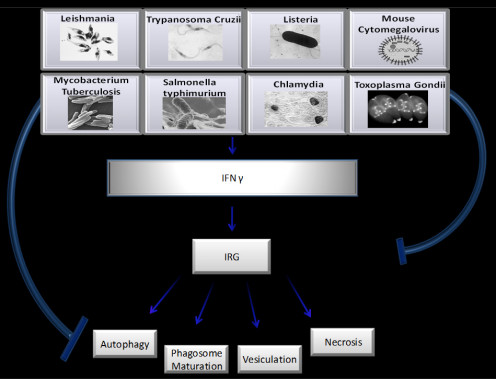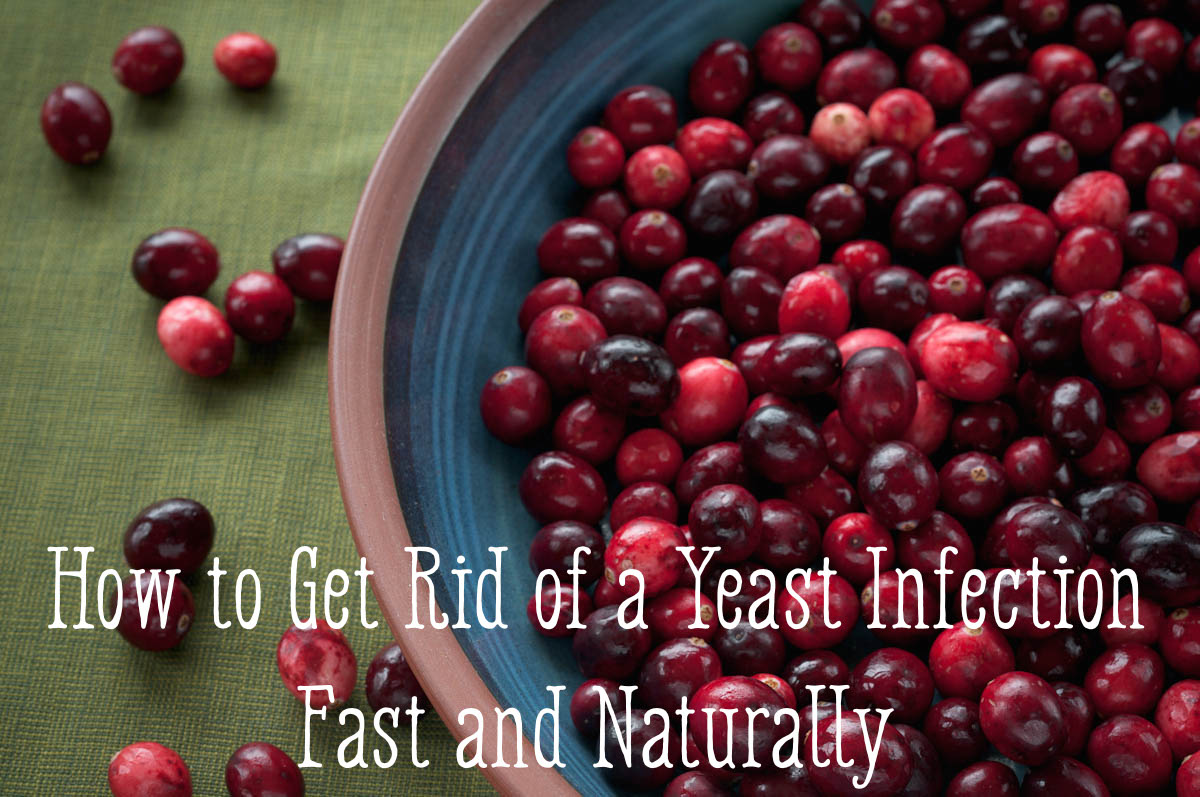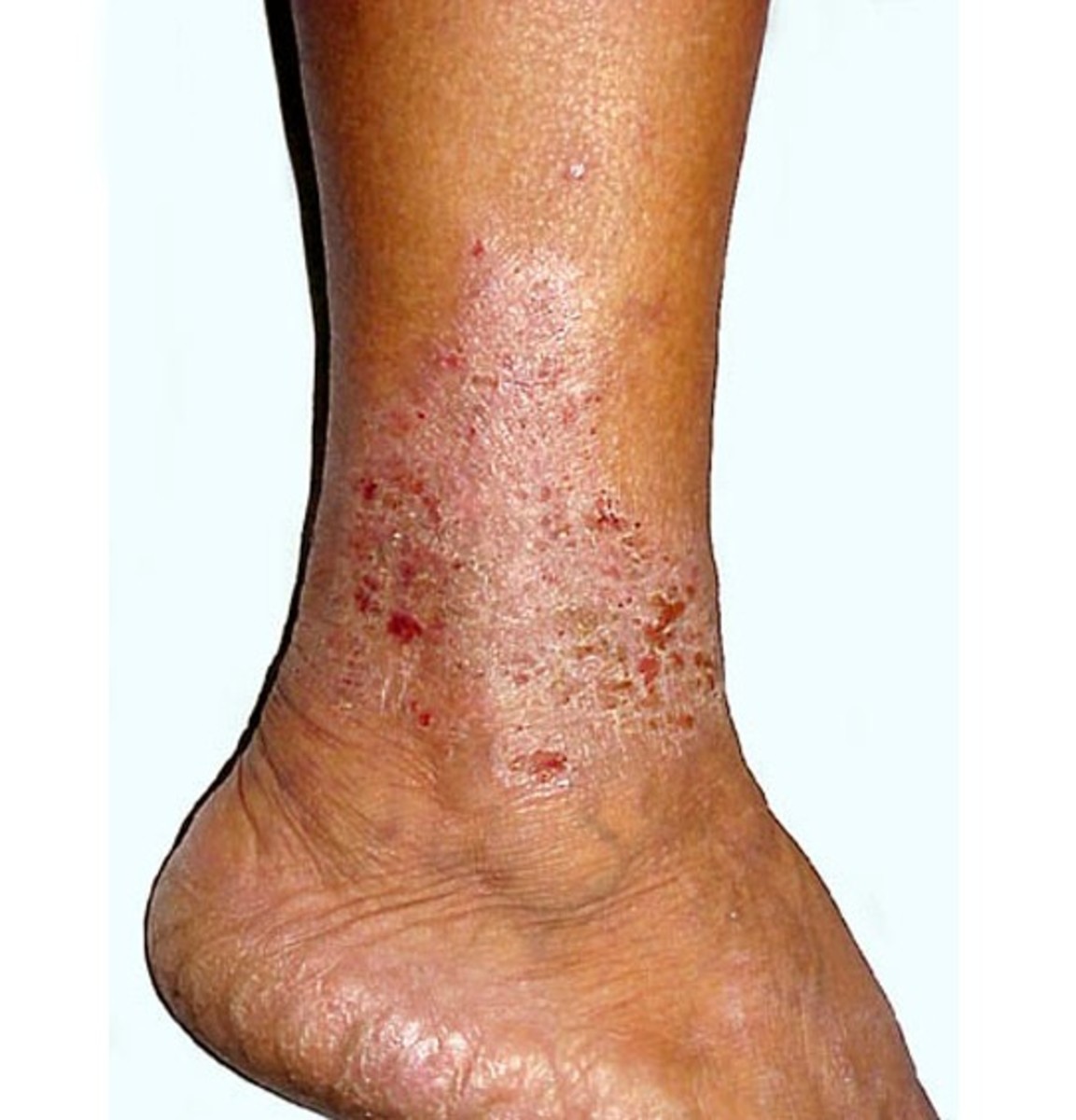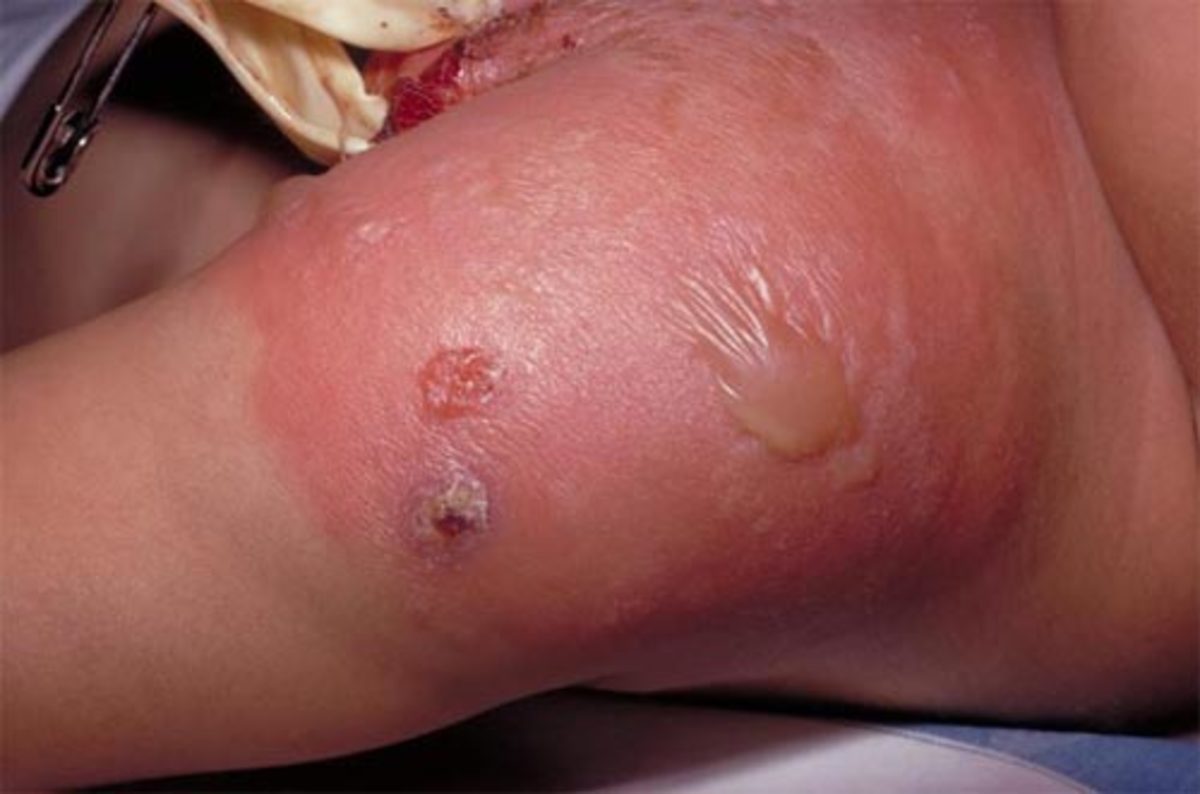Listeria is a Bacteria that Causes Disease and Food Poisoning
Listeria Lives in Soil and Water
Listeria are organisms (bacteria) that exists in soil and water. Listeria can get into food and cause food poisoning. Listeria causes a condition known as listeriosis, which is a serious health concern, especially in the United States. Listeriosis is an infectious disease and condition that can make people sick. Listeria is a tiny bacterium that is rod shaped. Livestock may carry listeria and the organisms can contaminate meat and any products that come from animal sources that are used for food. Listeria can cause serious illness in people. Listeria should never be confused with Wisteria. Wisteria is a purple plant, but the two words do look very similar. People with compromised immune systems, aged people, pregnant women, unborn and newborns are at the greatest risk for listeria poisoning. Even people who don't have these risk factors can, also, be affected, but it is rare. People who have cancer or other conditions that make them physically weak are at risk, as well.
The Listeria Bacterium

Listeria Update
There was an outbreak of listeria in May of 2012. The bacteria was found in bags of salad from a California grower. Bags of salad were first recalled for California and Colorado, but later included the entire nation. The bags of salad are routinely checked for listeria contamination when the bacteria was found. No illnesses were reported. The bags of salad were voluntarily recalled. The bags of salad were sold under the names of River Ranch, Farm Stand, Hy Vee, Marketside, Shurfresh, The Farmer's Market, Cross Valley, Fresh n Easy, Pro Mark, and Sysco
The 'best by' dates on the bags of salad are usually located in the right hand corner of the bag. The best by dates were between May 12 and May 29, 2012. Its a good idea to always check the 'best by' dates at the grocery store, before buying the salad to make sure that the salad is not beyond its date of freshness. The listeria bacteria causes problems like stiffness in the neck and can make people sick. This was one outbreak of listeria for the year 2012.
Symptoms of Listeriosis Poisoning
Pregnant women, who have listeriosis poisoning usually have mild flu-like symptoms. Listeria poisoning in pregnant women can cause the unborn babies to miscarriage. Listeriosis can cause unborn babies to be stillborn, mentally retarded, or the babies could be born with other conditions caused by listeria poisoning. Listeria can cause symptoms like muscle aches, and fever in people, other than pregnant women. Listeria can affect the nervous system where it causes the neck to become stiff. Listeria poisoning can extend from the gastro-intestional tract to the central nervous system.
Treatment and Tests for Listeria Poisoning
People should see a doctor right away if they think they might have listeria poisoning. Tests can be done to find out if it is listeriosis poisoning. Blood tests, or tests of the amniotic fluid or placentas in a pregnant women can be used to test for listeriosis. If the diagnosis of listeriosis poisoning is confirmed, then antibiotics may be prescribed. If treated right away, the unborn baby can be saved from the complications of listeriosis. Pregnant women have to be careful of what they eat, for example: soft cheeses, or smoked seafood like smoked salmon and tuna. These foods should be safe to eat as long as they are processed in cans. Pregnant women should not drink unpasteurized milk, or any food which contains any unpasteurized milk. Milk that isn't pasteurized would most likely harbor the listeria bacteria.
Prevention of Listeria Poisoning
Cleanliness is the key to prevent listeria poisoning.The best way to prevent listeriosis is to keep everything in the kitchen and refrigerator clean. The listeria bacteria can even grow in foods that are refrigerated. The temperature in the refrigerator should be always checked to make sure that the temperature is at 40 degrees or lower. Raw meat and vegetables should be kept separate to prevent cross-contamination. The hands should be washed before and after handling raw meat and raw poultry. Hands should be washed with soap and warm water for at least for 20 seconds. Kitchen utensils should always be thoroughly cleaned after every use. Cooked and raw food should always be kept separate to avoid cross-contamination.
Listeria can cause serious problems in food processing plants. If listeria gets into food processing plants it can live there for a long time. Listeria can get into food products. The listeria bacteria is always looking for opportunities to get in. Food plants use chemicals to kill the bacteria and to prevent them from contaminating the food products.









